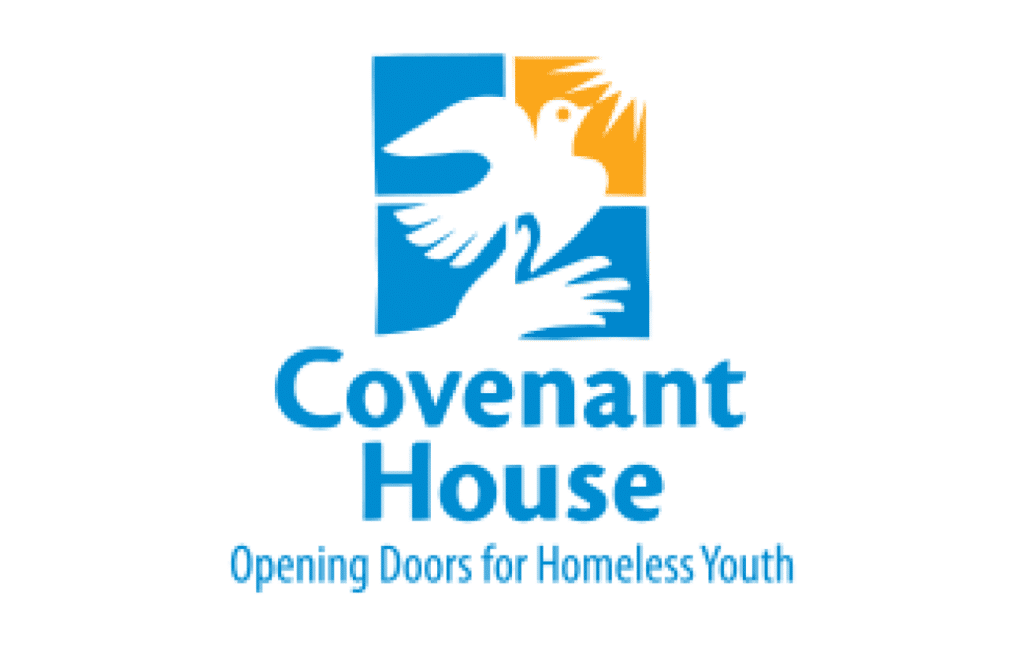Street Fight’s theme this month is personalization and data parties: a current obsession of adtech players as well as the advertisers they serve. Businesses are figuring out how to provide relevant experiences to customers online with comparatively little data at their disposal; we’re here to cover the evolution of their struggle.
To wit, four industry thought leaders sound off on those topics below.
Brent Ramos, director of product search, Adswerve
Personalization and where it’s headed
A new reign of personalization and consumer-centric strategy is here. For consumers, personalization means a successfully tailored message that meets them where they’re at in their search process. For brands, it all starts with putting clean data at the center of marketing strategies and investing in the systems that consciously analyze consented consumer data.
More brands are leveraging server-side tagging, which allows brands to have greater control, precision, and security over consumer data, resulting in better performing ads that give consumers the personalized content they want. In addition, visual search advertising is becoming a major part of advertisers’ personalization strategies, giving consumers the ability to have a visible shopping experience, including discovery feeds and videos of advertised products.
The increased attention to data privacy is altering marketers’ understanding of personalization and is requiring brands to take tangible steps to build trust with consumers. At the root of the move to personalization is an understanding that while the privacy landscape appears uncertain, the truth is third-party data will end and clean data strategies are the best move forward. As attention toward data privacy grows, consumers will be more inclined to turn to the brands leveraging consent-based modeling, offering transparent guidelines into their data collection strategies, and making clear efforts to better align with consumer needs.
Barbie Koelker, VP of marketing, Spiketrap
The term “zero-party data” is a disservice to the concept. It strives to position itself as the highest-quality data an organization can own, above first-party data — and certainly above troublesome third-party data.
However, this ownership-focused phrasing obscures the true value of the data: how it is willingly provided by the consumer. Every day, people openly share their opinions online. A small sliver of this is captured by zero-party mechanisms; the majority is woefully under-utilized.
Moreover, directly solicited data is rife with inherent biases. Who chooses to opt-in to surveys, complete a feedback form, or leave an online review? Often, non-incentivized motivations for participation skew towards the most polarized responses, and incentivized responses are cluttered by insincerity and a desire to collect a reward quickly.
To fully leverage the potential of audience-provided data, marketers should seek to understand what consumers share publicly in natural settings, and then compare these insights to more traditionally sourced zero party data.
For instance, what is audience sentiment about your brand as expressed in a survey administered by a research provider, and how does that compare to messages posted on your owned channels versus on the public internet more broadly? What do the differences teach you?
Transparently and fairly sourcing signals is a baseline; contextualizing them at scale is key.
Kevin Dean, COO, Infutor
Personalization is no longer optional for today’s marketers to connect effectively with customers, but it is a delicate balance to meet consumer demand for convenience while developing proper mechanisms to demonstrate the consumer’s control over their personal data. The companies that succeed at reconciling these competing forces are the ones that understand how to leverage first- and third-party data for successful personalization while respecting consumer privacy.
Before third-party cookies disappear completely, brands and platforms will need to learn to use new and multiple identity markers for omnichannel targeting, consistent messaging, and accurate attribution. This includes being able to transact data anonymously, without exchanging personally identifiable information (PII), which will quickly become the norm to allow the level of personalization consumers want in a secure, privacy-focused way.
Because of this, brands are waking up to the fact that their own first-party data is the ticket to mitigating the impact of cookie and privacy changes. After all, consumers who have engaged with a brand have explicitly logged their interest in receiving future communications and given some level of permission to use their data. For brands, known consumers offer invaluable opportunities to maximize first-party data for targeted selling, retention, and personalization. Third-party data then comes into play as a way to supplement profiles with insights for a better understanding of each consumer in a privacy compliant manner.
Given these dynamics, brands that are embracing anonymous identities while still personalizing the customer journey will see higher returns on their data investments as well as their marketing effectiveness overall.
Blaine Britten, SVP of Data Strategy, Stirista
First-party data is worth more than gold these days as consumers have become more protective of their personal information and cookies are on their way out. First-party data is like good food that will keep you healthy and happy. But it takes a little bit of planning and work to make it happen. And it’s best when shared with a few close friends.
First-party data collected directly from the customer – like good food left to spoil – can quickly decay if not kept updated. And it’s not terribly useful unless the data is relevant, clean, and linked with 2nd and 3rd-party data to reveal critical insights about the customers that enables personalization. Device data, location data, consumption data, unique identifiers, and IP addresses can now be linked back to offline identifiers like postal addresses. This critical link allows a connection between offline data like demographics to online data (devices) to create an ever growing, and stronger, ID graph and an accurate view of a brand’s target audience.
These insights can also help push the right people down the funnel by determining where they are: Are they ready to make a purchase, comparison shopping, or just familiarizing themselves with a new category of products or solutions? A holistic and healthy recipe is only as good as its ingredients. The same goes for marketers who rely on valuable insights to determine which leads are even worth the time and money to invest in and to identify the best channels and messaging to reach those leads.
Jay Kulkarni, CEO and founder, Theorem
With constant changes to data privacy regulations, marketers must shift from the idea of getting marketing messaging out to the entire world and instead focus efforts on personalization and determining what information target consumers not only want but more importantly, need. The easier it is for consumers to achieve their goals and alleviate problems using your products or services, the more likely they are to connect with and stay loyal to your brand. Zero-party data collection allows customers to have full control over what data is shared with a company/brand, so personalized marketing messaging is absolutely vital to build trust and get consumers to share their data with you.
Personalization is critical to all marketing and should be leveraged heavily within multi-location marketing strategies. It’s critical to leverage data to provide messaging and content when and where customers need it, which includes marketing across various geographies and carrying those deeply personalized messages from digital to in-store. Marketers must leverage both preference data, shopping history and geographic data to close the loop on omnichannel strategies.
Third-party data is absolutely on its way out and those who wish to future-proof their business to achieve success in this modern age should focus on adapting their strategies to accommodate zero-party data methodologies. While it’s tempting to find a way around these new data privacy regulations, those who do not get ahead of the game and prepare for the new regulations will certainly be left in the dust.








